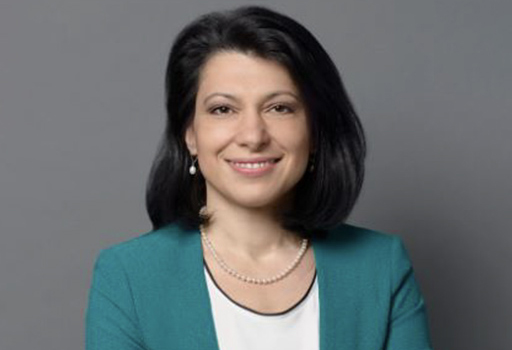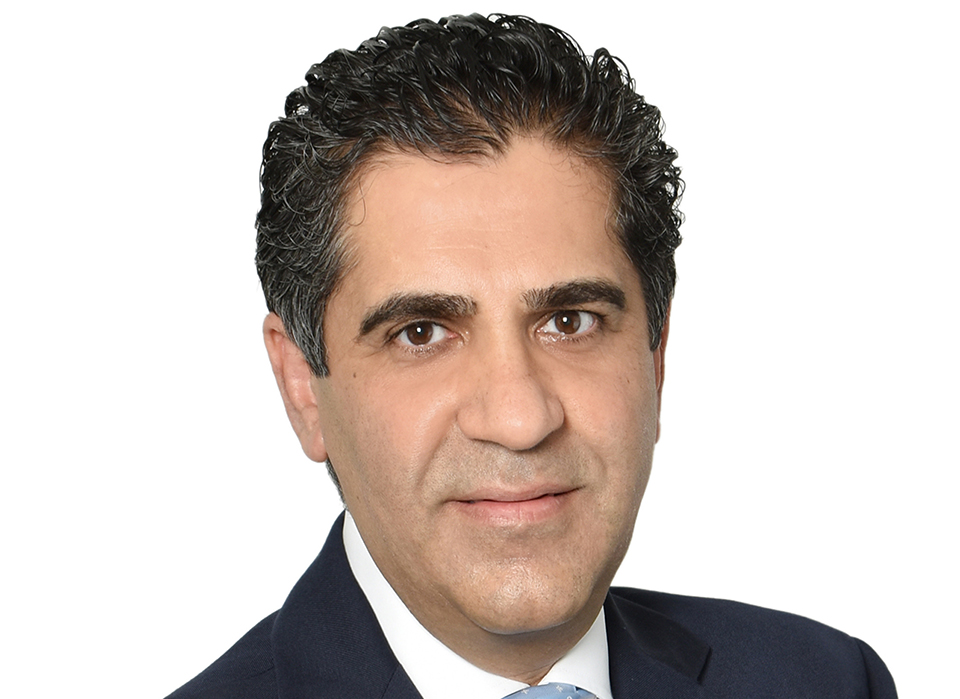Euro-CP takes to the web Trading on indigestion
Ethics for pleasure and profit
Spain has taken pole position this year in euroland’s race towards banking consolidation. Banco Santander’s merger in March with Banco Central Hispano, followed by Banco Bilbao Vizcaya’s takeover of Argentaria in late October, effectively slashed in half the number of large players in the field.
The two big banks, BSCH and BBVA, between them will account for well over 30% of loans and deposits and more than 40% of domestic mutual funds of the country’s private sector banking system. And they are big: BBVA emerges as Spain’s new national champion whose €38 billion market capitalization (versus BSCH’s e36 billion) ranks it third in euroland after Deutsche Bank and ING.
So who got the better deal? Banco Santander and BBV had been casting about for a merger partner for many months. Both had approached the smaller and highly efficient Banco Popular but were summarily shown the door.
BBV’s flamboyant chief executive officer, Pedro Luis Uriarte, then began showering the market with tantalizing remarks about a marriage made in heaven – BBV with Banco Santander.
Meanwhile Uriarte’s rival Emilio Botìn, Banco Santander’s chairman and chief executive, was secretly negotiating a deal with Banco Central Hispano. “Clearly, after the Banco Santander-BCH deal we came under shareholder pressure to do something,” says a source at BBV, itself the product of a merger in 1986 between the two Basque banks Banco de Bilbao and Banco de Vizcaya. “If BBV had acted first they could have had first choice,” says Sheila Garrard, European banking analyst at Lehman Brothers. “However the merger with Argentaria is a good fit and a logical move.”
The drawback to the Banco Santander-BSCH deal was that Botìn’s lean and aggressive bank joined forces with a sluggish leviathan that was still being turned round after a difficult merger between Banco Central and Banco Hispanoamericano in the early 1990s, when the Spanish market was struggling through the depths of recession. Since the merger Botìn, the godfather of Spanish banking, has been negotiating an uneasy power-sharing alliance at BSCH with BCH’s youthful and ambitious chief executive Angel Corcóstegui.
“The planned BBV-Argentaria merger will be easier to implement than the Banco Santander-BCH merger,” says Carlos Pertejo, equity research analyst at JP Morgan
Argentaria was put together in 1991 from different state banking assets and was not fully privatized until last year. It did not suffer from the legacy of conflicting political agendas and it flourished under the leadership of Francisco Luzón, its workaholic former chairman. Luzón was shunted aside after the conservatives won the 1996 elections to make way for Francisco González, a close associate of prime minister José MarÌa Aznar and formerly head of FG stockbrokers, which he sold to Merrill Lynch.
BBV has made it clear that Uriarte will be running the show at the merged bank. BBV’s chairman Emilio Ybarra steps down in 2002, leaving the field clear for Argentaria’s González to assume the role of sole executive chairman of BBVA. It is equally clear that BBV’s people will take charge of the new bank’s core businesses including domestic retail and wholesale banking, Latin America, asset management and private banking.
BBVA is promising shareholders ambitious cost saving benefits, amounting to some e510 million per year from the end of the third year, equivalent to 17% of the combined domestic cost base. This compares with around 10% for most European mergers, including BSCH.
“There is more room for efficiency improvements in BSCH than in BBVA, since the domestic overlap between Banco Santander and BCH is significantly higher than between BBV and Argentaria,” says JP Morgan’s Pertejo. “BSCH is the most inefficient Spanish bank, with a cost:income ratio of 64% in the first half.”
BBVA’s pro-forma cost:income ratio, a key measure of a bank’s efficiency, is 59% and the bank has committed itself to cutting this to below 50% in two years. BSCH also has 11,600 more staff and 1,770 more branches than BBVA.
The next step in banking consolidation could see the kick-off of Uriarte’s predicted scenario of a round of cross-border deals following on the heels of domestic rationalization. For the Spanish national champions, the Iberian peninsular is the likeliest arena for immediate expansion.
BSCH is aggressively fighting the Portuguese government’s attempts to block its takeover of the Champalimaud financial empire, and BBV’s Uriarte says his expansion strategy is focused squarely on southern Europe, apart from Latin America where both groups have a major presence.
BBV has in recent weeks been mooting an alliance with UniCredito Italiano. It also has a 10% stake in Italy’s BNL and 3.8% of Crédit Lyonnais.
“The consolidation of the Spanish commercial banking system is largely complete, since the top four banks will account for around 92% of total banking assets,” says JP Morgan’s Pertejo. Spanish banks may still be doing deals though. “The BBV-Argentaria merger could well act as the catalyst for further deals in the eurozone, since BBVA and BSCH now rank as the third and fourth largest banks in euroland on the basis of market value.”
Jules Stewart



